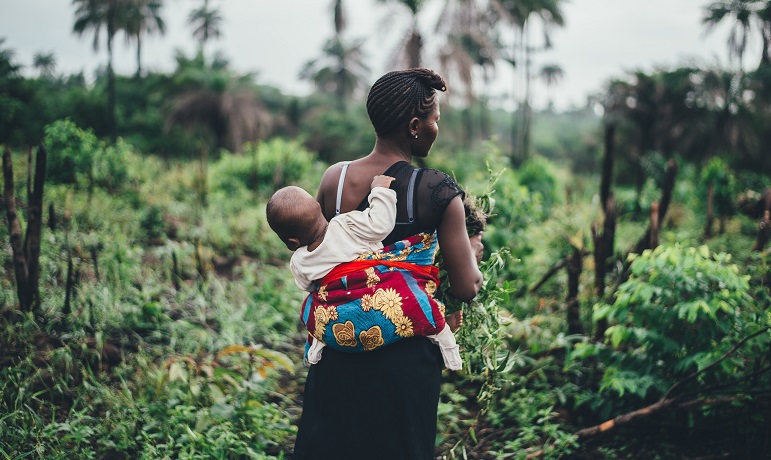In field research into the effect of a malaria vaccine, an international group of researchers, including from Radboudumc, saw a remarkable effect, namely that the vaccine generates a broader response against malaria proteins than those contained in the vaccine.
Mosquirix (RTS,S/AS01E) is the first vaccine recommended by the World Health Organization for use in African children to malaria to prevent. This vaccine targets Plasmodium falciparumknown to be the deadliest type of malaria in humans.
Benjamin Mordmüller of the Department of Medical Microbiology at Radboudumc, together with the MAL076 Vaccine Immunology Consortium and Antigen Discovery Inc. investigated the effectiveness of the vaccine in practice. The researchers looked at the development of immune responses to 1,000 malaria antigens in more than 2,000 children enrolled in a phase III study.
Remarkably, the researchers saw that strong reactions not only developed against the injected proteins, but also against malaria proteins that were not part of the vaccine. They think that the broader protection might come from a cross-reaction. The body not only makes antibodies against the injected proteins, but a much broader immune response is created in a way that has not yet been clarified. This off-target response occurred in approximately half of the participants. The recognized proteins show no clear similarities with the vaccine.
Sources:
Macià D, Campo JJ, Moncunill G, et al. Strong off-target antibody reactivity to malarial antigens induced by RTS,S/AS01E vaccination is associated with protection. JCI Insight. 2022;7:e158030.
–


